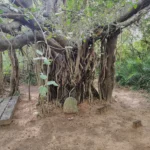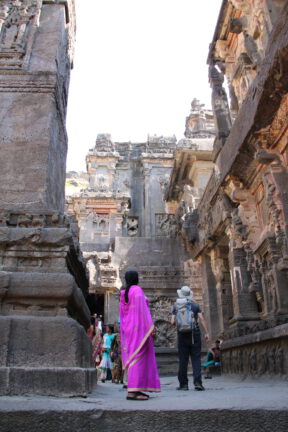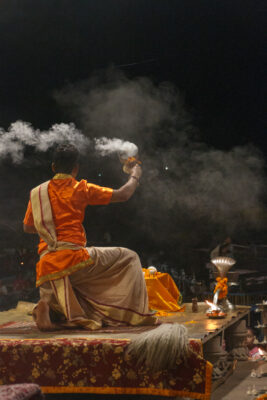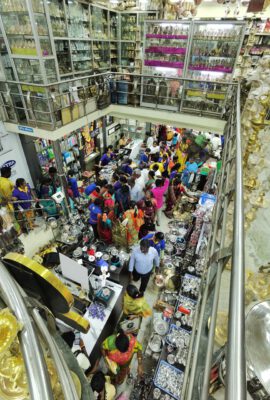SI've been waiting for some time now. Actually, I like waiting. Waiting is a space and a time in which there is nothing else to do but wait for time to pass. As a rule, there's not much else to do apart from read, talk or think. Waiting times are therefore always free spaces for me. I prefer to wait in community centers, for example, where everyone is equal. Together with others, I am in a space where there is nothing to do but wait for time to pass. This shared waiting allows for real encounters.
There is always something amazing about an encounter. An encounter takes place when there is a counterpart who reciprocates. The most beautiful kind of encounter is one that is completely free of objectives or expectations. In this context, Deleuze also talks about encounters with art. That surprised me at first. Because an encounter, I always thought, is intersubjective. Two questions now arise: can art be intersubjective, and are art spaces such as museums perhaps also waiting rooms?
A new life
My wait at the moment is a long wait. I have been waiting for a few weeks to start a new life. The waiting is determined by applying for a visa. This visa application process - embassies and consulates as well as other government agencies - is in a different time dimension anyway. It has something Kafkaesque about it, its own logic, which has become quite detached from the processes of the outside world.
So this long wait makes encounters possible, but again in a completely different way than I thought. People react very strongly to my waiting. Many perceive my move to start a new life as a challenge. They reflect on their own situation or have the feeling that they can now tell me things that they might not otherwise tell me, as I am leaving their world anyway. But perhaps they also hope to get to know a different perspective through me. Whatever the case, I have quite intense encounters. I pour my heart out and others open up.
An encounter, meeting, participating
Participation seems to me to be an important element of the encounter. In order to encounter the other, this openness is important, to leave oneself (Deleuze sometimes speaks of a de-territorialization) and to become something else (Metamorphosis). When I'm traveling on the train, for example, or looking around me at a concert, sitting on a park bench or in a café, I often see people who are also looking around them. Many are looking for an encounter. We are often too shy to actually talk to each other, but the first encounter has already taken place: Opening up to the other, and the perception of the other.
It seems to me that we have forgotten how to really participate. A smile or a brief word, a bit of sympathy. In India, people say NamasteThe encounter is expressed in this greeting. It is not about wishing each other a good day or greeting God, but about seeing that the other person is also part of what makes me who I am.
What does that have to do with art? Everything.







